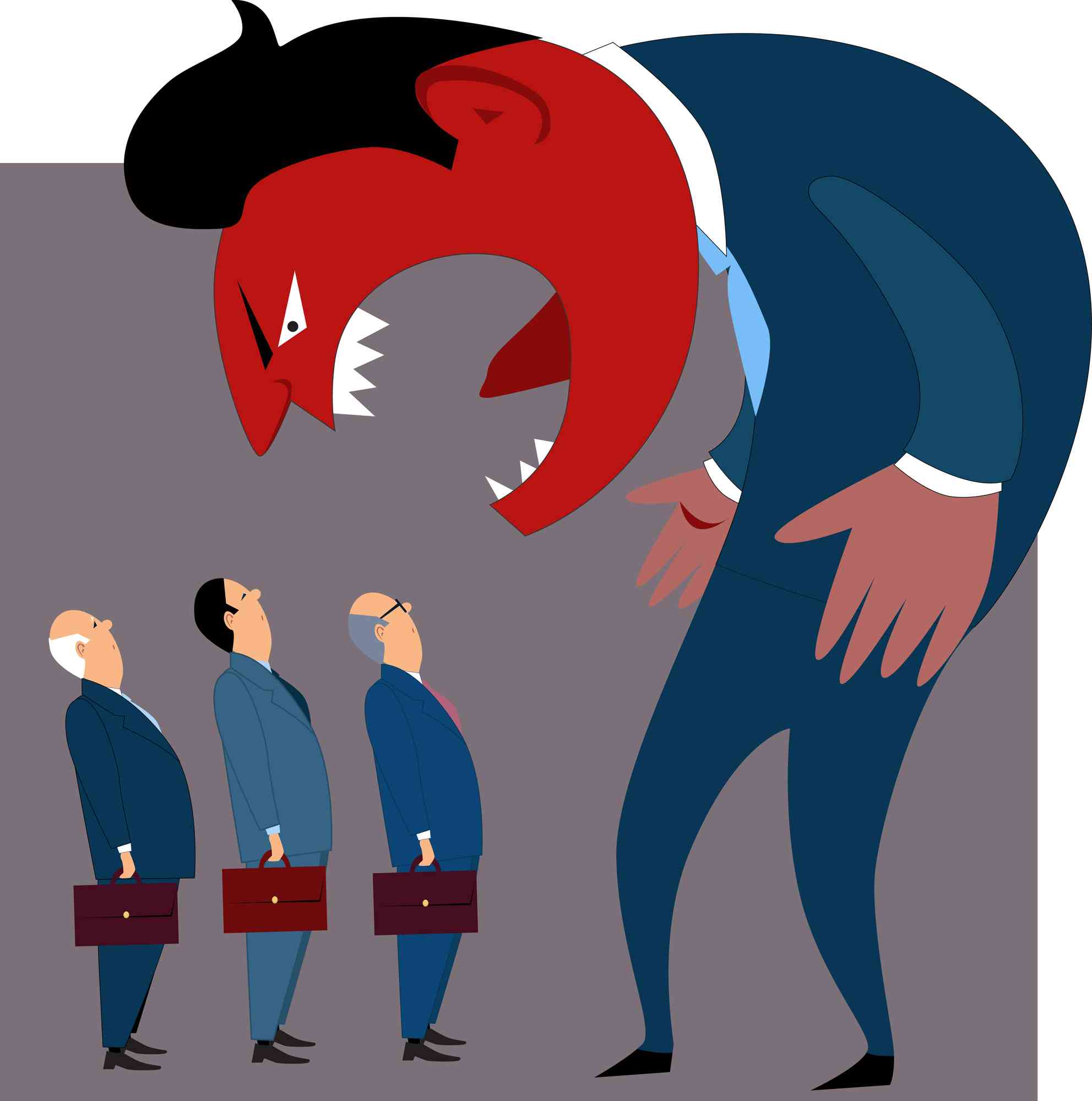Have you ever been emotional hijacked? If you’ve been triggered to react impulsively to a situation, then you’ve likely experienced what psychologists refer to as an emotional or amygdala hijack. When threatened or afraid, you feel compelled to fight or take flight, or simply shut down. To avoid emotional hijacks, you can develop greater self-awareness and choose a better response to stressful situations to grow for the better.
This week, another senseless Tinseltown tale flooded social media feeds. Allow yourself to look beyond the distraction itself and you’ll find a meaningful lesson to avoid your emotional hijack. More impactful to social success than IQ, emotional intelligence, or EQ, is a skill that helps you harness your emotional energy so you learn to respond rather than react to stressful situations. When you form a habit of reacting rather than responding to stress, you can avoid a poor lapse of judgement and even an emotional hijack.
As children, we learn behaviours from others and form habits heavily influenced by societal norms, even ones that may negatively impact our perspectives. Reacting to a situation in the heat of the moment can feel like you have little agency over your actions. Usually, the result of an action taken in anger is shame, so it’s not surprising that you feel remorse for making the wrong decision or regret not choosing a better one. But with greater self-awareness, you get better at pausing to reflect on your actions, controlling your response to a triggering situation, and harnessing emotional resilience.
Here are a few tips to help you prevent emotional hijacking
Identify your triggers
Learning to control your reactions starts with identifying your triggers, that’s why making a list of triggers and writing down your reactions to them helps you reflect on how you could have responded better.
When you recognize what lies within your domain of influence, you can more easily identify the thoughts and actions that you can impact and change. You start accepting that you can’t control the world, nature, the economy, or others’ behaviours, but you can control your thoughts and actions, and you can change yourself. If you can’t change the outcome, you can behave differently.
Read More: The Strength of Kindness
Change your environment
Consider how you might react with anger to an unpleasant situation and then challenge yourself to do the opposite of what you’d normally do. Perhaps you might change your physical state to impact your mental and emotional state. For example, if you’re sitting, try standing up and if you’re standing, sit down instead. You can also completely change your environment to diffuse an unhealthy reaction, such as going for a walk to clear your thoughts and then coming back to the situation with more clarity.
Read More:Effective Time Management
Have the end in mind
Learning to become more proactive helps you continuously get better and visualizing the end helps you take the right steps to influence and minimize impulsive reactions to stress so you respond with more thought. Intentionally concentrating on what you control rather than dwelling on the things you don’t control helps you better manage the level of negative stress as well.
Read More:Diversity is a fact: Inclusion is a choice
Manage time effectively
Better time management skills can help you manage stress, stay calm, and reduce impulsive reactions. Consider making a list of all your tasks. Which ones are time-suckers? Which ones can you influence? Which ones require priority? Remember, priority means that there is one thing that is urgent and important, that’s where you need to put your immediate focus. Other tasks that are less urgent can be planned to a later date and scheduled into your calendar, not put on the back-burner.
Bringing it all together
Turning these practices into habits will allow you to learn to respond with less impulse, which inevitably helps you gain more control and release stress. It will also allow you to gain a greater sense of calm and clarity.
Make sure to check in with yourself often and look over what you have written down. How did you react and how are you feeling? Do you see a constant improvement in the way you are responding to a situation, or do you still feel like you’re being hijacked by your emotions? If so, go back to step 1 and repeat.
If you feel that you’re getting better with time and gaining a sense of calm and clarity, that you can reflect and rebound from a heated situation or avoid it altogether, then you’re building emotional resilience and forming healthier habits. And that is one way you continuously get better and avoid the regret of letting your emotions get the better of you.
Ask me how I can help you develop emotional intelligence
Learning to react rather than respond is a critical component of becoming a more emotionally intelligent leader. Ask me how Leading with Clarity coaching can help make it easier to build consistent habits and develop clarity in your life, take action to achieve your goals, and lead with humility and confidence.
Make sure you subscribe to the CLARITY newsletter, and to read other editions, click here: https://mohamedhammoud.com/newsletter/
#emotionalintelligence #proactive #selfawareness #clarity
